No policy that does not rest upon some philosophical public opinion can be permanently maintained
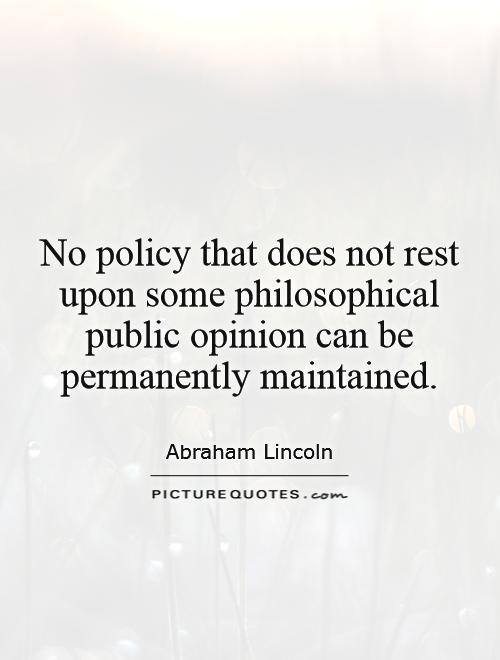
No policy that does not rest upon some philosophical public opinion can be permanently maintained
Abraham Lincoln, the 16th President of the United States, was a man of great wisdom and foresight. He understood the importance of public opinion and how it shapes the policies and decisions of a government. Lincoln believed that no policy could be successfully implemented and maintained without the support of the people, and that this support must be rooted in a philosophical understanding of the greater good.Lincoln's presidency was marked by some of the most tumultuous times in American history, including the Civil War. During this time, he faced numerous challenges and had to make difficult decisions that would have a lasting impact on the nation. One of the key principles that guided Lincoln's decision-making was his belief in the power of public opinion and the need for policies to be grounded in a philosophical understanding of justice and equality.
Lincoln understood that in order for a policy to be successful and sustainable, it must be supported by the people. He knew that without the backing of the public, any policy would ultimately fail. This is why he worked tirelessly to communicate with the American people, to explain his decisions and to garner their support for his policies.
Lincoln also recognized the importance of philosophy in shaping public opinion. He believed that policies must be based on a set of core principles that reflect the values and beliefs of the people. Without this philosophical foundation, policies would lack legitimacy and would not be able to withstand the test of time.
One of Lincoln's most enduring legacies is his commitment to the principles of equality and justice. He believed that all people were created equal and that it was the government's duty to protect and uphold these rights. This philosophy guided his policies, including the Emancipation Proclamation, which declared all slaves in Confederate-held territory to be free.




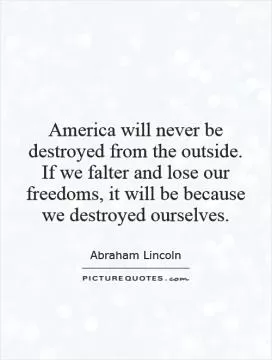

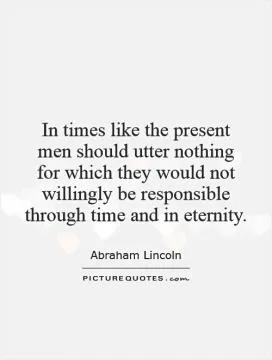
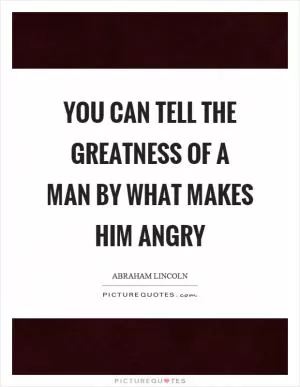
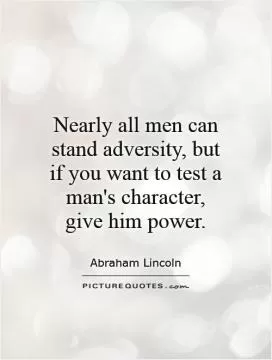
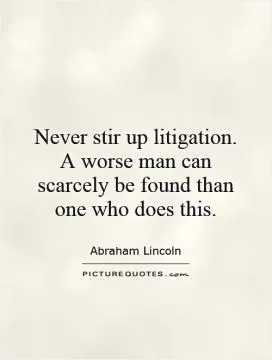
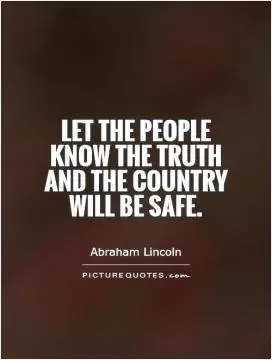

 Friendship Quotes
Friendship Quotes Love Quotes
Love Quotes Life Quotes
Life Quotes Funny Quotes
Funny Quotes Motivational Quotes
Motivational Quotes Inspirational Quotes
Inspirational Quotes